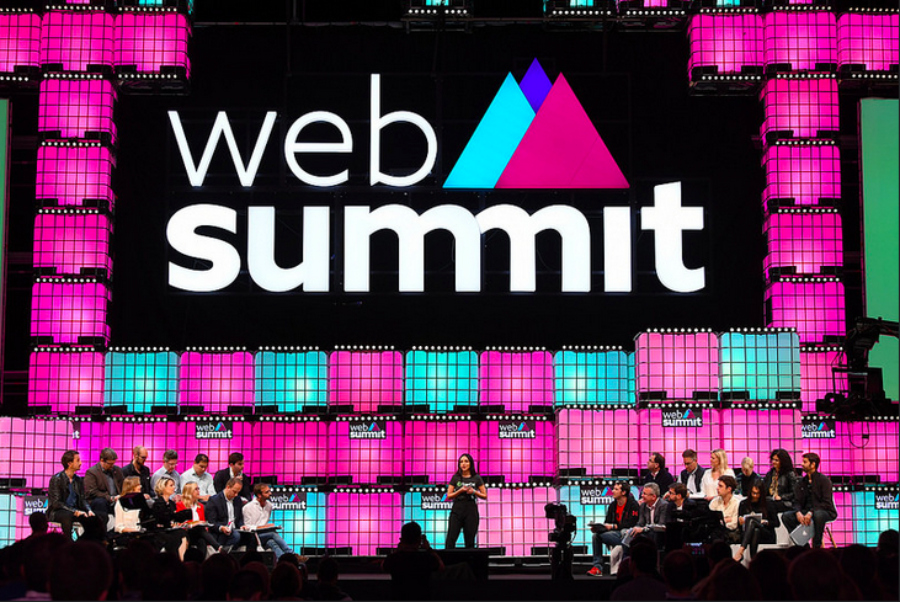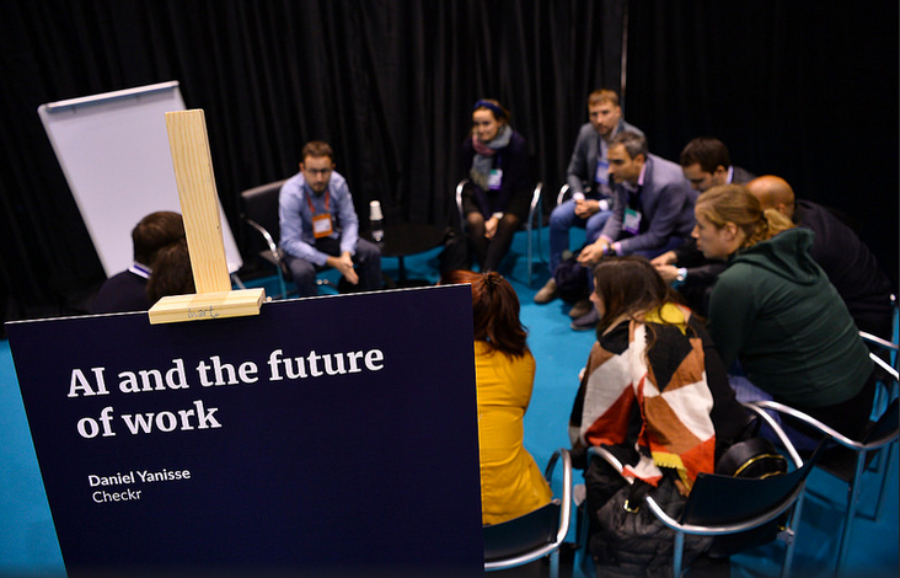
At a time of great uncertainty for industry upon industry and the world itself, the founders and CEOs of technology companies, fast-growing startups, policymakers and heads of state are asking the simple question: where to next? The place to find the some of the answers is undoubtedly the Web Summit. Buzz chats with Paddy Cosgrave the founder of the Summit about the event where the future is designed…
How would you describe Web Summit?
Not as Davos for geeks! Davos is very limited and exclusive with around 2,500 people attending it. Web Summit is for tens of thousands of people. We focus on entrepreneurs and what they’re doing. You may describe it as the world’s largest gathering of entrepreneurs. Some of the biggest companies in the world attend the Web Summit, paying attention to young companies. I personally think Web Summit is about entrepreneurs and large entrepreneurial companies, as well as countries and cities that want to be more entrepreneurial.
Why Lisbon?
The only venue we could use in Dublin was custom-built for horse and cattle shows and we outgrew it. We had to go to a bigger city, and we were flattered to have bids from cities such as London, Paris, Berlin and Madrid. When you see the biggest cities in Europe bidding to host your event it shows it is meaningful for a country.
Lisbon came to us with an ambitious project—more than twice the size of the venue we had. We didn’t think we could fill the venue which stretches one kilometer, but by the second year we were already building temporary structures. The final construction will be completed in three years. And we will be in Lisbon for 10 years.

What are your biggest challenges?
We’ve been terrible at developing the trade show element of it. But we are improving and can learn from the Mobile World Congress and Consumer Electronics Show (CES). Also, we are massively over indexed for attendees and massively under indexed for booths. We need more exhibitor space per attendee.
What is your main focus now?
The quality and diversity of the event. By the way, we are closing in on 50% of our attendees and 35% of our speakers being female.
What changes can we expect at future Web Summits?
We bring people to the Summit to provide a window into the future. We have people assembled here giving quick talks, but why not get these experts together at night in small venues and have long-form interviews? We can give people the starting point during the day and, if they want the detail, they need to have deeper talks later on. I also want the conference at the center to be about the next wave of companies.

You’ve had some amazing big tech companies at Web Summit…
Yes, some of the largest and most profitable companies to have ever existed in history. They have more users than ever. They span the planet and aren’t just regionally focused. When I interact with the leaders of these companies, I find they are deeply aware of what is going on and want to be responsible. Most of these people are very altruistic by their nature. Most of them want to have a positive impact on the world and not just to maximize shareholder value. These companies have a huge impact and can shape our societies.
How do you envision Web Summit?
The World Economic Forum is the mirror of power in the world. I don’t think Web Summit is that, but it represents the future![]()









